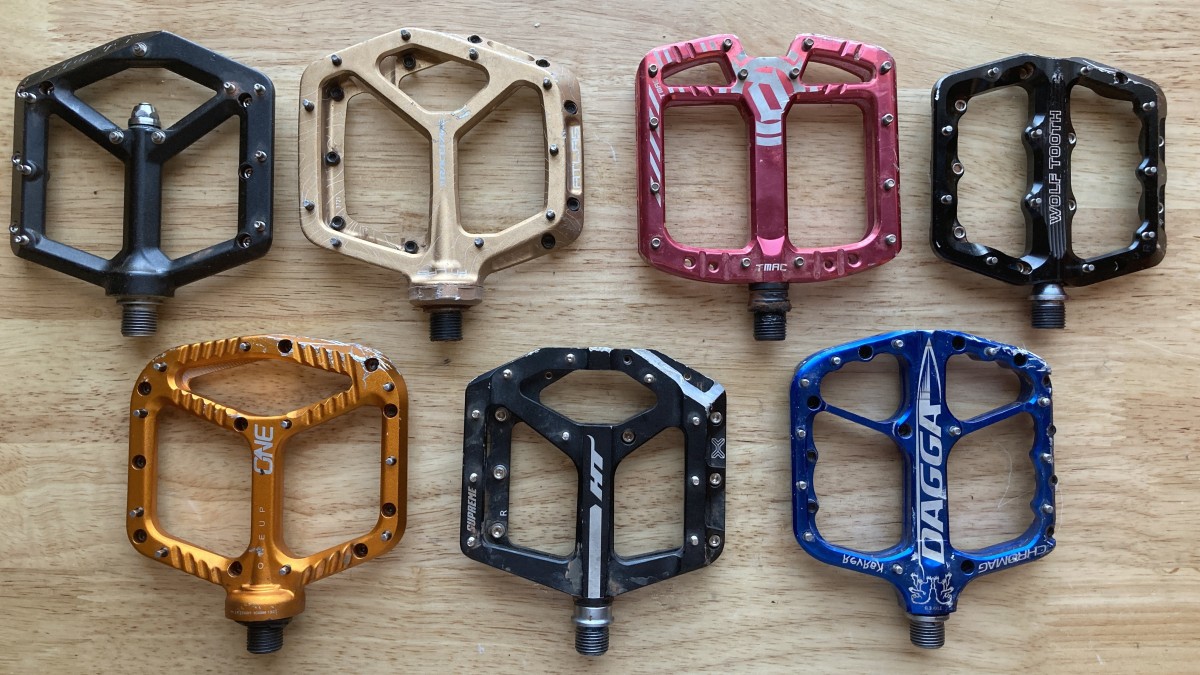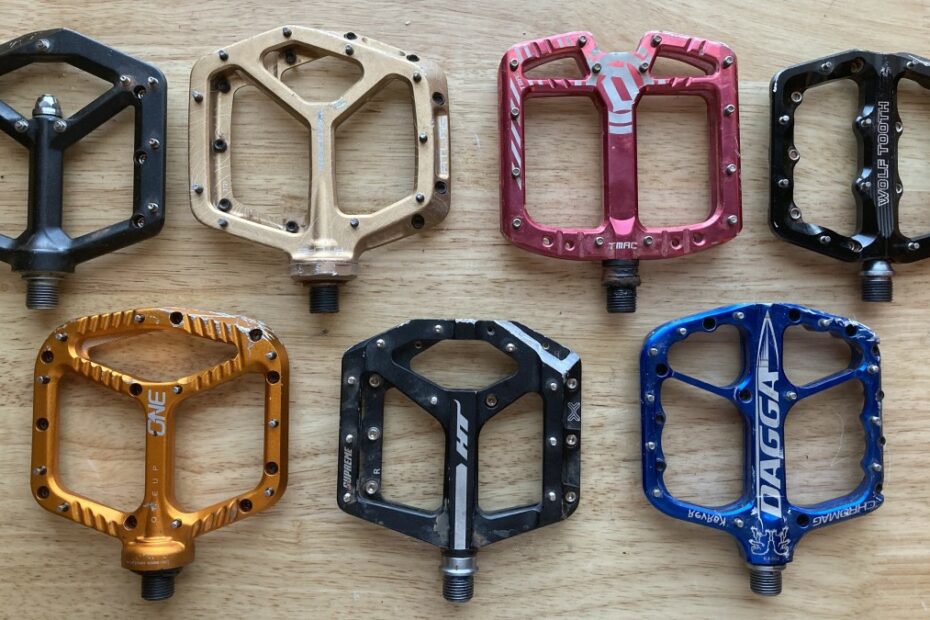Are Bike Pedals All The Same Size? Exploring Pedal Dimensions
TÓM TẮT
#Wtfwbw Ep4: Pedal Thread Standards
Keywords searched by users: Are bike pedals all the same size how to tell if my pedals are 1/2 or 9/16, childrens bike pedal thread size, bicycle pedal thread size, are bike pedals universal, how to measure pedal thread size, shimano pedal thread size, bicycle pedal thread repair kit, bike pedal nut size
Are All Bike Pedals Universal Fit?
Are all bike pedals universally compatible? The straightforward answer is no, bike pedals are not universally compatible due to several factors, including visual differences and distinct purposes for various cycling disciplines, as well as internal variations. When it comes to sizing, bicycle pedals primarily come in two main sizes: 9/16” and ½”. The 9/16” size is the more standard and widely used version, encompassing most pedal subtypes. However, it’s essential to note that there are exceptions and specialty pedals with unique designs or sizing, making it important for cyclists to verify compatibility before making a purchase. This information was last updated on January 22, 2022, and it’s always a good practice to check for the latest developments in pedal technology and compatibility.
What Is The Standard Size Of A Bike Pedal?
What are the standard dimensions of a bicycle pedal?
The standard dimensions for a bicycle pedal are typically denoted as 9/16 inches by 20 threads per inch (TPI), which is approximately equivalent to 14.28 millimeters in diameter and 1.27 millimeters in thread pitch. This measurement, 9/16″ x 20 TPI, stands as the prevailing industry standard, and most pedal manufacturers base their designs on these specifications. Whether you’re in the market for flat pedals, road bike pedals, mountain bike pedals, or various other pedal types, you’ll likely encounter this standardized size, making it easy to find compatible replacements or upgrades for your bike.
Does Bike Pedal Size Matter?
Is the Size of Your Bike Pedals Important?
The size of your bike pedals can significantly impact your riding experience. A larger pedal size not only enhances stability but also reduces the risk of slipping off the pedal during your rides. However, it’s important to strike the right balance. If your pedal platform exceeds the size of your shoes or if you can’t effectively engage all the pedal pins, it can lead to discomfort and potential safety issues.
Fortunately, many pedals are available in various sizes, enabling you to find the perfect fit for both your foot and shoe size. By choosing the right pedal size, you can optimize your biking experience for comfort, control, and safety.
Collect 20 Are bike pedals all the same size




Categories: Found 79 Are Bike Pedals All The Same Size
See more here: buoitutrung.com

Are All Bike Pedals the Same Size? Bike pedals are not all the same size. Bike pedal sizes vary due to the crank arms dictating the specific sized threads that it will take; this is mainly dependent on the age of the bike as well as the type of bike that you have.To simply answer: No, bike pedals are not universal. Not only visually or for their different purposes for various cycling disciplines, but also internally. Bicycle pedals mainly have two sizes: 9/16” and ½”. The 9/16” is the more standard version of pedals and covers almost all subtypes.9/16” x 20 tpi (14.28 x 1.27 mm)
9/16” x 20 TPI is by far the most common type you will find when it comes to buying pedals. It’s the industry standard now, and every bike pedal manufacturer tends to design around this. They use this for flat pedals, road bike pedals, mountain bike pedals, and many other types.
Learn more about the topic Are bike pedals all the same size.
- Are Bike Pedals Universal? [Bicycle Pedal Size Guide]
- Are Bicycle Pedals Universal? Know the Facts – United Bike
- Bike Pedal Thread Size: Are All Pedals The Same Size?
- How to Choose Mountain Bike Pedals – Flats & Clipless | evo
- How to fit & remove pedals — 10 easy steps to pedal happiness – Road.cc
- Bike Pedal Thread Sizes: All You Need To Know About Them
See more: https://baannapleangthai.com/tech blog

